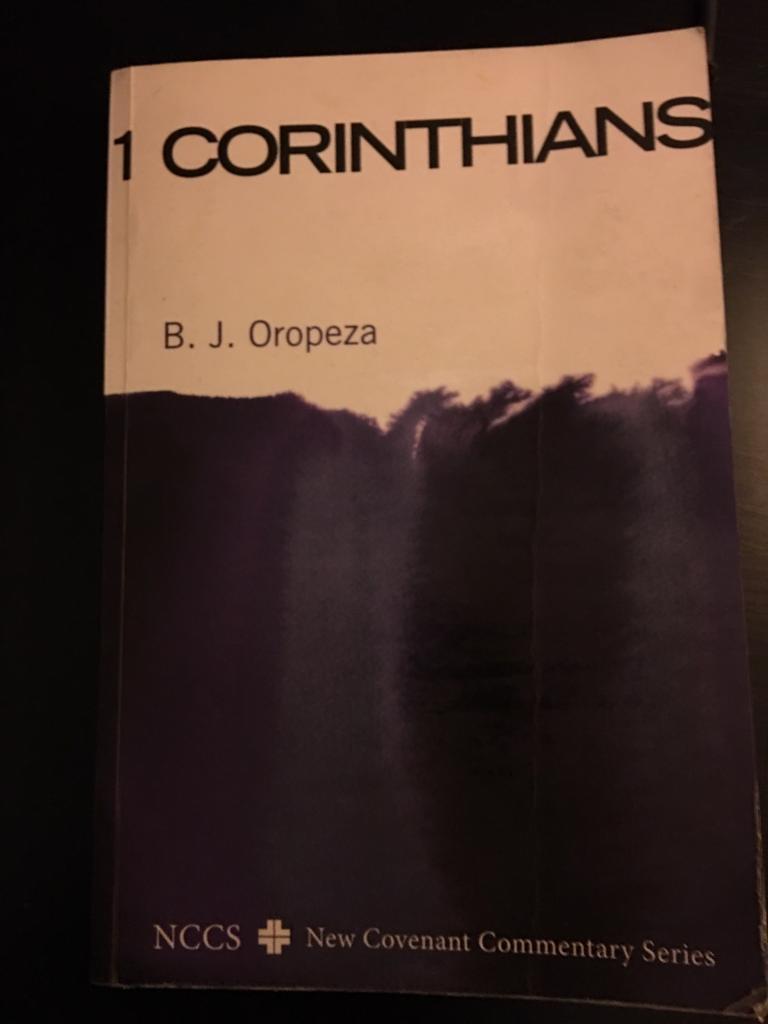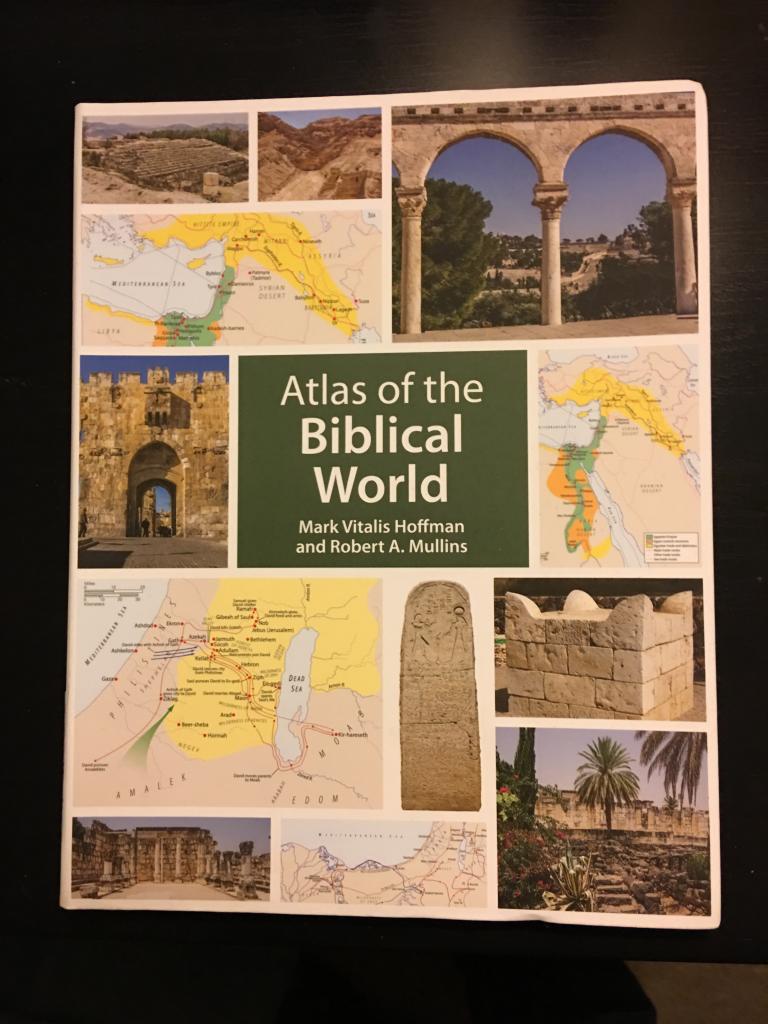In 2 Corinthians 12:7–8 Paul speaks of receiving a “thorn in the flesh.” This problem prompted him to seek the Lord three times to remove it. What was Paul’s thorn in the flesh? Thorny Answers Interpreters speculate over what this “thorn in the flesh” might mean. Some associate it with a recurrent illness or physical limitation Paul suffered. They sometimes connect it to Galatians 4:13–15. Here Paul says that he first preached to the Galatians in the “weakness” of his... Read more





















Top 10 Commentaries on 2 Corinthians
Second Corinthians is one of Paul’s most complex letters. Biblical interpreters may need to consult good commentaries to help navigate through its dense 13 chapters. Questions related to the letter as a whole include these: Why is it that, in the earliest chapters, Paul writes amiably to the Corinthians, but in the later chapters he seems to be almost throwing stones at them? Who are his opponents in this letter? What is he defending himself against? Why do lists of... Read more